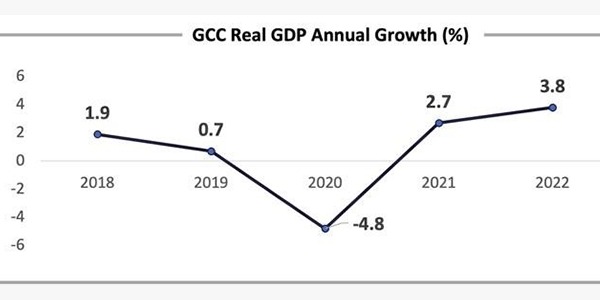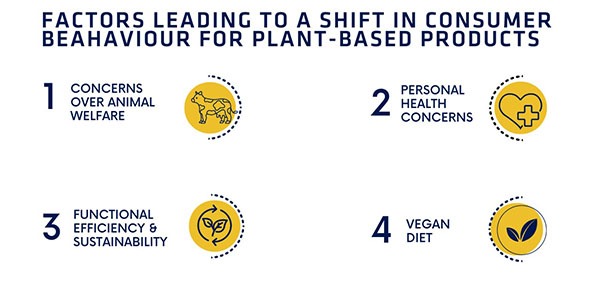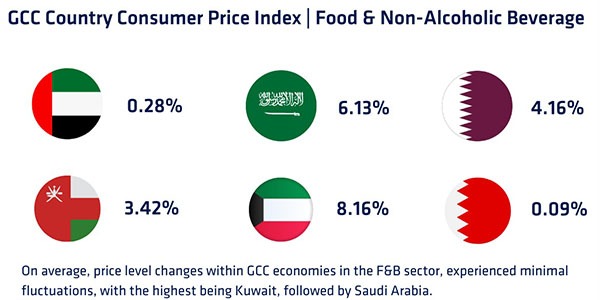GCC Economic Growth & the Flourishing Plant-Based F&B Market

GCC Economic Growth & the Flourishing Plant-Based F&B Market
In this article, we will explores the thriving plant-based market within the F&B sector. The data used here is from a market assessment case study Ventures Middle East did for a client in the F&B sector. GCC economies faced unprecedented challenges due to the impact of COVID-19. However, amidst the economic downturn, the Food and Beverage (F&B) sector in the GCC region emerged as a resilient and promising industry.





